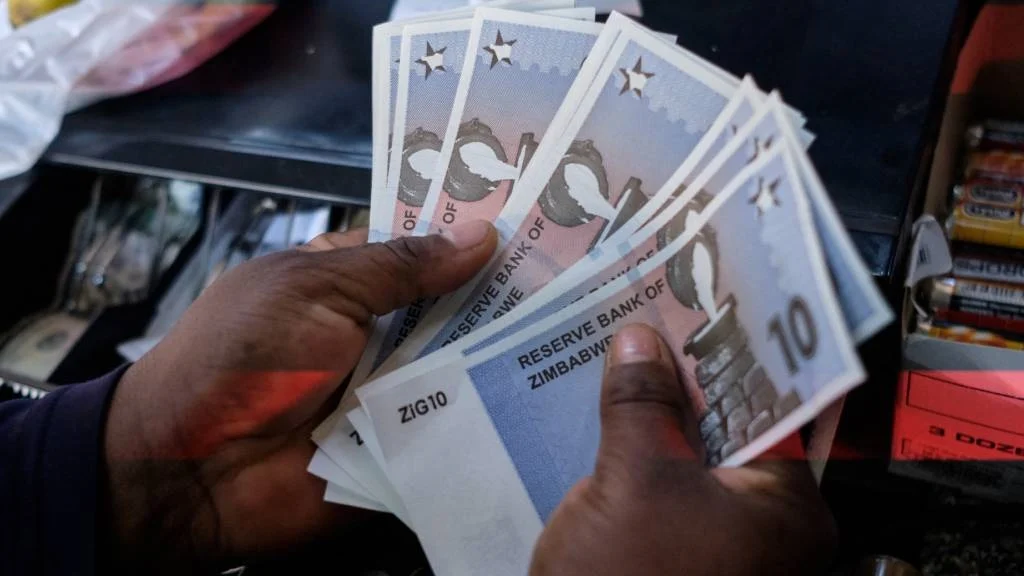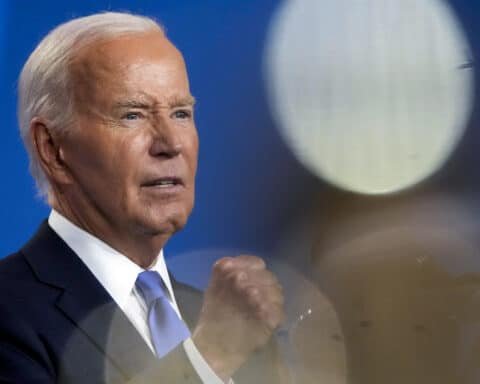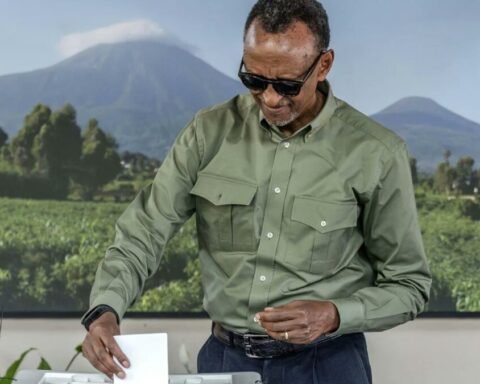The World Bank has made clear it was not the principal driver behind the introduction of Zimbabwe’s new currency, the Zimbabwe Gold (ZiG), amidst claims suggesting a central role in its development.
This announcement followed statements from John Mushayavanhu, the Reserve Bank of Zimbabwe’s governor, who initially portrayed the initiative as heavily influenced by the Bretton Woods institution. However, under increasing scrutiny, Mushayavanhu has retracted his claims, emphasizing that the World Bank’s role was confined to providing advisory insights, not overseeing the project’s implementation.
During a recent monetary policy review in Bulawayo, Mushayavanhu admitted to limited expertise in structured currencies, stating, “We didn’t know much about a structured currency. We got a consultant from the World Bank. A lot of the things you’re seeing about the structured currency actually came from the World Bank.”
Despite these comments, a World Bank spokesperson clarified their involvement, “While we offer policy advice, member states have autonomy over their economic decisions.” They reaffirmed the Bank’s commitment to supporting Zimbabwe’s economic recovery within their broader mandate to promote global stability and poverty reduction.
The launch of ZiG on April 5, which replaced older bond notes and RTGS with a currency backed by foreign currency and gold reserves, has been met with skepticism. Analysts and investors are particularly concerned about the transparency and basis of its valuation.
The International Monetary Fund (IMF), which has a more direct role in economic monitoring, noted that it is still evaluating the impacts of the new currency. An IMF spokesperson highlighted their ongoing advisory role, stating, “Our role is primarily to advise on economic and exchange rate policies that are consistent with the country’s circumstances.”
However, doubts persist in the financial community. Investment firm Imara expressed skepticism about the new currency’s backing and regulatory framework.








